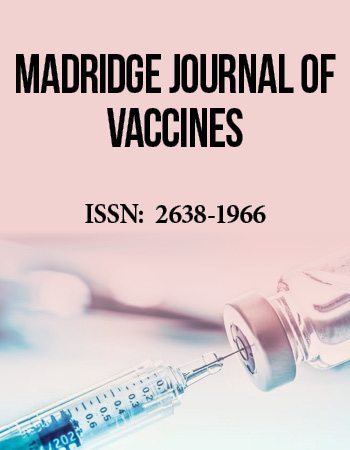International Conference on Vaccines
Feb 20-22, 2017 | Baltimore, USA
Transmission-blocking vaccines for arbovirus infection
Department of Pathology, Microbiology and Immunology, University of South Carolina School of Medicine, USA
Infectious diseases caused by arboviruses (viruses transmitted by arthropods) are undergoing unprecedented epidemicactivity and geographic expansion. With the recent introduction of West Nile virus (1999), chikungunya virus (2013) and Zika virus (2015) to the Americas, stopping or even preventing the expansion of viruses into susceptible populations isan increasing concern. With a few exceptions, available vaccines protecting against arboviral infections are nonexistentand current disease prevention relies on vector control interventions. However, due to the emergence of and rapidlyspreading insecticide resistance, different disease control methods are needed. A feasible method of reducingemerging tropical diseases is the implementation of vaccines that prevent or decrease viral infection in the vector.These vaccines are designated ‘transmission blocking vaccines’, or TBVs. Here, we will discuss the current state of arbovirus vaccine development, summarize TBV research, present several promising TBV candidates and the potential for successful prevention of arbovirosis using TBVs. We will also present data from our research experiments testing an Aedes protein, CRVP379, as a putative TBV for dengue virus infection.
Biography:
Dr. Colpitts is a molecular virologist primarily interested in flavivirus research with over 15 years experience in the laboratory. Her graduate research at the University of Texas Medical Branch included developing and adapting several mammalian assays to function in mosquito cells and her dissertation work explored many aspects of virus-mosquito protein interactions. She demonstrated that the cellular endocytic machinery is highly evolutionarily conserved between mosquitoes and mammals, and that alphaviruses require functional endocytosis for entry into both cell types. In her postdoctoral research at Yale University School of Medicine, Dr. Colpitts developed a tandem affinity purification (TAP) assay for use in insect cells and discovered many previously unknown mosquito proteins that interact with both structural and non-structural flavivirus proteins. She went on to show that these proteins are important for productive infection. Currently, Dr. Colpitts is an Assistant Professor at the USC School of Medicine. Dr. Colpitts has also designed and performed microarray analysis to get a global picture of alterations in gene expression during flavivirus infection in the Aedes aegypti mosquito. Using this data, she identified a number of significantly altered genes and identified corresponding proteins that inhibit dengue, Yellow Fever and West Nile virus infection in cells, live mosquitoes and mice. She recently published on the use of one of these proteins, CRVP379, as a putative dengue virus transmission-blocking vaccine (TBV) and another as an inhibitory factor during dengue infection in mammals (D7).


